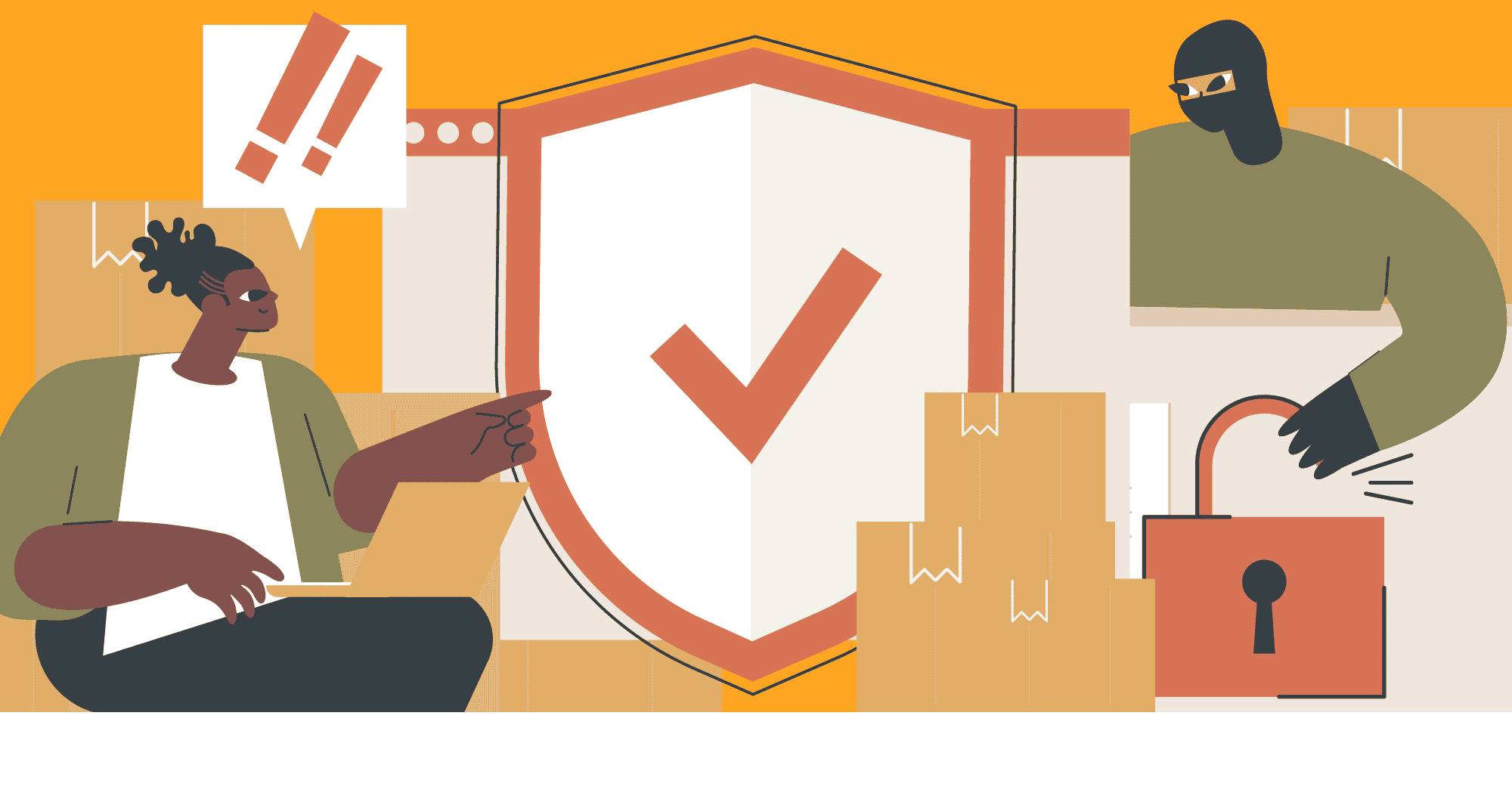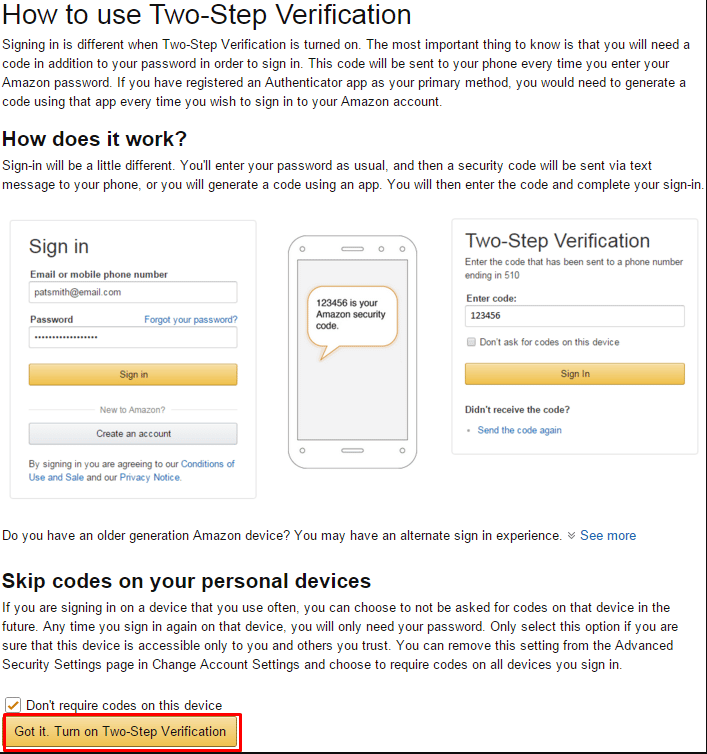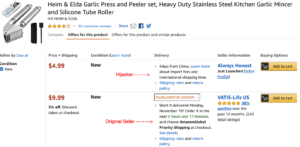6 Reasons Why you Need an Amazon Alert System

Establishing yourself in Amazon’s crowded marketplace is hard work. Amazon sellers that enjoy the most success on the platform put in countless hours researching keywords, fine-tuning advertising campaigns, and building up their brand’s reputation and organic search results through excellent product design, marketing, and customer service. The sellers also understand the importance of an Amazon alert system to help them maintain their current levels of success.
Most Amazon shoppers won’t scroll pages to find new products. When they search for something on Amazon, they expect to find what they are looking for on the first page of their search results. Spending money on advertising in important search terms within your niche is one legal and ethical way to show up higher in search results. Another is to build up your brand’s reputation and search results through steady sales and product reviews.
Unfortunately, not all businesses take the ethical and legal approach to gaining ground on their competitors. Some look for shortcuts and methods that go against Amazon’s Terms of Service to hijack their competitors’ accounts in an attempt to damage their brand and its standing within a certain market. An Amazon alerts system can help you to combat these bad actors by catching them before they can do any serious damage.
Here are six reasons you need an Amazon alert system for your digital store.
Topics Covered
1. An Amazon Alert System Can Protect your Business
The scariest type of sabotage Amazon sellers have to worry about is security: a compromised account. Fortunately, this practice is less common than the other ones listed below, and Amazon has helped to combat this with its own security measures including Two-Step Verification, which requires you to verify sign-ins on unfamiliar browsers with a text to your phone. But even with these counter-balances in place, extra security never hurts. Especially when it comes to something as valuable as your Amazon sellers account.
Make sure that you have your two-step verification enabled on your seller account. And consider an Amazon alert system that notifies you any time someone attempts to sign in to your account. If you receive an instant alert that there has been an unauthorized sign-in from a new device, you can take quick action to contact Amazon and freeze your account so that you have time to change your security information.

2. Prices Can Change and Cost You the Buy Box
If you sell products in your Amazon store that you do not have exclusive rights to, you are always at risk of losing the buy box to another seller that undercuts your price on a product. With Amazon product monitoring, you can receive an alert any time that you lose the buy box on one of your products. This will give you the opportunity to check out your competitors’ prices and inventory, and decide how you want to handle the situation.
Even if you do have exclusive rights to sell your product, you can still lose the buy box. Amazon may change the retail price on one of your products and determine that your current price is too high to activate the buy box on the listing. Or as we’ll cover in the next section, bad actors could piggyback your listing and steal the buy box with a lower price. Pricing and buy box alerts are useful to have set up regardless of your circumstances.
3. New Sellers Could Try to Hijack your Listings
There are a number of different ways that another seller could wind up piggybacking on your Amazon product listing. Here are three of the most common:
- Another seller re-selling your products – Reselling is legal on Amazon, so it’s possible that another seller purchased your products during a sale or from the Amazon Warehouse (on a product that you were reimbursed for) with the intention to resell.
- Another seller is piggybacking your listing by mistake – Resellers often use already established product listings to list their inventory under instead of creating their own product listings from scratch. A reseller might accidentally list their product under your listing if their product has a similar UPC code or is of a similar item type.
- Your product is being counterfeited – If your product is generating strong sales numbers on Amazon, it, unfortunately, isn’t uncommon to see counterfeiters attempt to ride your success by selling an inferior knock-off of your product. Counterfeiters may simply be acting in their own best interest or be one of your legitimate competitors looking to sabotage your ratings and reputation.
First and foremost, it is important to protect your brand from attacks on Amazon by taking all of the necessary precautions that you can including:
- Product trademarks
- Amazon Brand Registry, and
- Security such as Amazon Transparency and Amazon Project Zero.
But even if you have done everything in your power to protect your brand, you may still have to deal with listing hijackers.
An Amazon alert system will notify you anytime a new seller joins your listing, empowering you to take action as quickly as possible. You can purchase a product to confirm that it is a counterfeit, send a cease and desist email, or report the situation to Amazon’s customer service team. It is important to act fast to ensure that customers receive your product and not one that is improperly listed or counterfeited.

4. Your Products' Titles and Details Might be Changed
An Amazon alert system can also notify you when the title on one of your products has been changed. As is the case with sellers piggybacking on your listing, title changes could be the result of an innocent mistake from a seller making an update they believe is accurate to a nefarious competitor trying to hijack your listing.
Title changes can be problematic for a few different reasons. A well-crafted title should let customers know what to expect when they click on your product and should also be rich with relevant keywords for search optimization. Removing important keywords could make your product more difficult to find in searches or less likely to stand out. Even worse, unsolicited changes to your title or product details could lead to customers being confused about the product or the quantity of a product that they are receiving. This in turn can lead to less trust in your brand and negative product reviews. For these reasons, it is important to correct unauthorized title changes immediately.
5. Negative Reviews Can Damage your Reputation
An efficient Amazon alert system provides you with all of the security benefits listed above, as well as 24/7 monitoring on all of the product reviews that your product receives. You can adjust your settings to get notifications on all types of reviews or only reviews of three stars or fewer.
Instant notifications of negative reviews can help you address them right away. In most cases, these reviews will be legitimate. And while you aren’t explicitly allowed to ask a customer to remove negative feedback, quickly responding to their concerns with a friendly message will put you in a position to have that negative product review removed or reversed into a positive one. Even if the negative review stays on your product, your quick and helpful customer service may encourage that customer to give your brand another try or encourage other customers to buy with confidence knowing that you are attentive to issues that may arise.
In some cases, negative product reviews will not be organic. Instead, they may be orchestrated by competitors hoping to damage your brand and search ranking. With regular alerts, you will be able to tell the difference between regular patterns of feedback and those that might be out of the ordinary. Investigating an unlikely string of negative reviews could help you uncover an attempt at sabotaging your listing, which you can report to Amazon for further investigation.
6. Suspicious Positive Reviews Can be Problematic as Well
Too many positive reviews isn’t a problem for Amazon sellers that would naturally come to mind. After all, generating product reviews is an important component of a good strategy on Amazon, and healthy amounts of positive reviews tend to lead to higher sales.
But because positive reviews are so valuable, some sellers have been caught by Amazon purchasing fake reviews on their products, which is strictly prohibited by Amazon’s Terms of Service. Amazon takes keeping its product reviews legitimate very seriously and can levy punishments on accounts that try to work around the rules by purchasing fake reviews.
This has led clever saboteurs to attempt to put their opponents in hot water by purchasing fake positive reviews for their accounts. In addition to having these positive product reviews removed, Amazon sellers suspected of gaming the system like this could face penalties including account suspensions.
Positive reviews on your products from legitimate buyers should always be celebrated. But if your Amazon alert system is pinging with positive reviews at an alarming rate from suspicious-looking accounts, you can get ahead of this issue by reporting the problem to Amazon for investigation and removal, helping to establish your innocence in the process.



